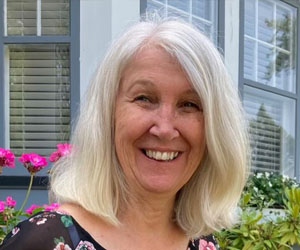Staying Fit
Mary O’Grady’s real estate agent had some disconcerting advice when she was looking to buy a house last year.
“She said, ‘If you don’t waive an inspection, your bid probably won’t even get considered,’ ” recalls O’Grady, 67, from Rochester, New York. “I had a huge amount of angst about that.”


AARP Membership— $12 for your first year when you sign up for Automatic Renewal
Get instant access to members-only products and hundreds of discounts, a free second membership, and a subscription to AARP the Magazine.
Home inspections can make or break the decision to buy a house. They unearth structural and equipment problems, roof issues, faulty mechanical systems and other serious defects.
Yet a hot real estate market has left O’Grady and many others passing up the opportunity to reveal such flaws. In fact, 27 percent of buyers waived inspections in July, according to the National Association of Realtors.
“I have never seen a market like this,” says Pat Ford, a real estate agent in Spring Hill, Tennessee, who has been in the business for 37 years.
Today’s home buyers are faced with a low inventory of homes, multiple competing offers and bidding wars that are driving up prices to record levels — especially in popular urban areas and adjacent suburbs.


O’Grady, who had 15 minutes to walk through the 1,800-square-foot Colonial she eventually bought, quickly found out her angst was warranted. Once she moved in, she discovered drips coming from the showerhead and the bathtub faucet — drips that leaked five gallons in 24 hours. The first repair estimate would’ve required taking everything out of the bathroom, including the original cast iron tub and fixtures, and came in at nearly $20,000. O’Grady eventually found someone who could do the job — for $5,000 — without touching the tub.




































































